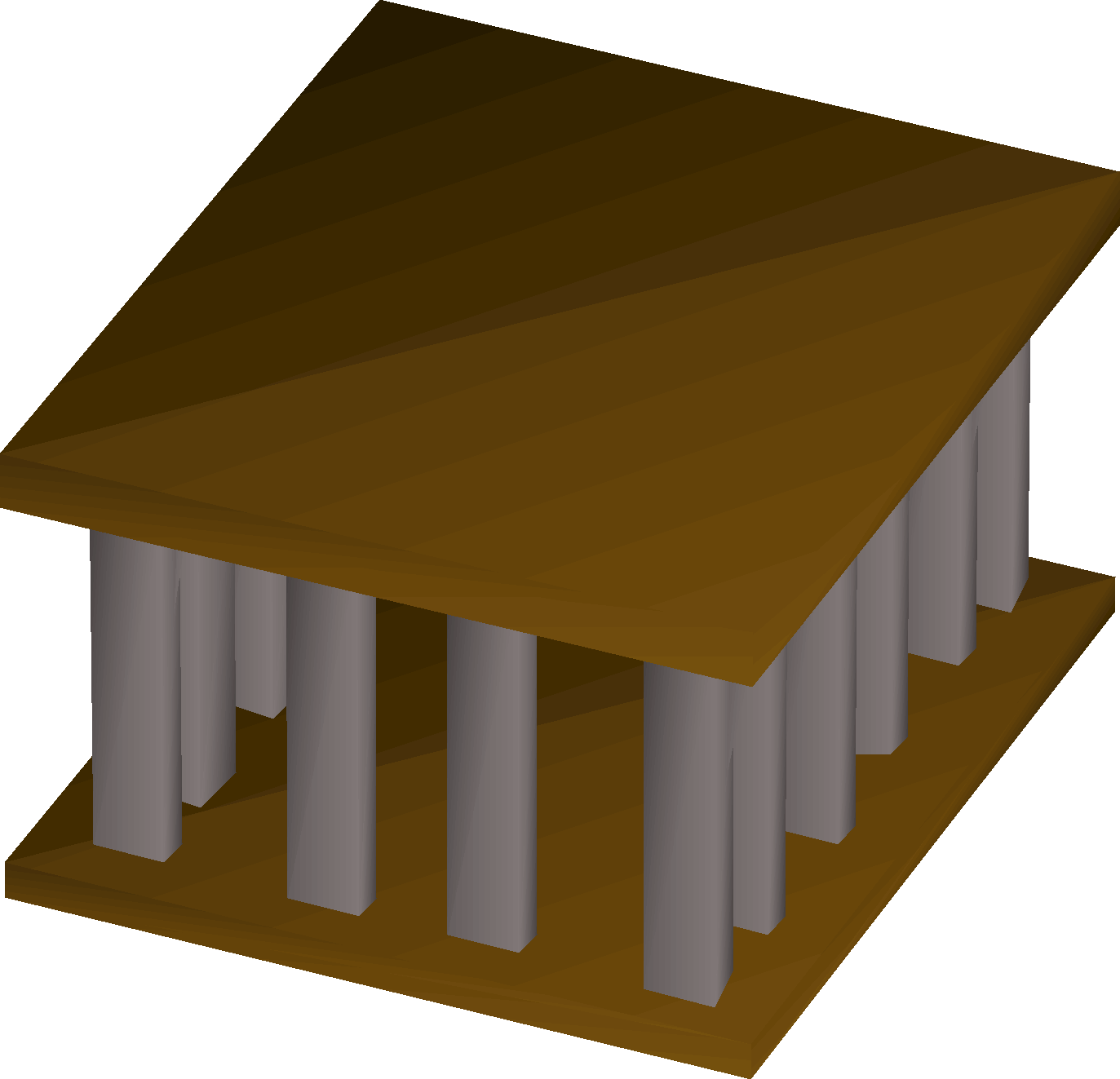When kids do linear algebra or they rise to the level of GM in chess within the first two decades of their lives, such people are obviously geniuses. Their intelligence is undeniable.
But it’s like moral/spiritual geniuses aren’t recognized in the same way, if at all. How come their intuitive expertise isn’t recognized so easily ?
Kant? St. Augustine? Siddhartha Budda? Epictetus? Plato? Hobbes?
Ethical philosophy has had plenty of geniuses.
Immanuel Kant was a real pissant Who was very rarely stable
Yeah, but who is today’s Buddha?
Philosophy needs a better PR department
why, did we lose the old one?
It was Henry Kissinger, still waiting on the new one to spawn in.
Probably because morality is subjective and spirituality is a feeling?
WTF is a “moral/spiritual genius”? That doesn’t even make sense. It sounds like a title someone just made up for themselves to feel important.
That’s exactly what it is
Actually, that’s a good point! I brought it up in another comment, but there are mathematical geniuses, piano geniuses, scientific genius, etc. But everybody know and can agree on what math is, what a piano is and how difficult it is to play well, what science is and the long road to mastery of a sliver of human knowledge that entails.
But not with morality.
Personally, I think you’ve suggested an answer that satisfies me: people have no idea wtf morality or spirituality are. Plato and Aristotle once may have been able to point to someone and say, “So and so is more virtuous than us!” or “The king of a foreign nation is full of vice and worth less than coward who turns to bravery.” But it’s like modern American society cannot conceive of such a concept as moral superiority.
I mean, some people can, and then often go on to be significantly worse than normal people. They are often the definition of immoral. But, as a general rule, saying that you’re morally superior to others barely makes any sense and, even if it did, would demand an impossible type of proof.
If I really think about it, someone who is considered to be an “expert” on morality would be either a philosopher or a religious leader and I doubt either of them would willing to call the other a “genius” since what is considered “morally right” can vary widely between cultures or even between individuals in the same culture as it’s a pretty personal thing.
“Spirituality” is such a nebulous term that it could mean almost literally anything and thus is not really quantifiable even in the broadest terms
Quite frankly if I met someone who claimed to be a “moral/spiritual genius” I would stay well away from them, because they’re either trying to sell you something or trick you into agreeing to something you wouldn’t otherwise agree to
Aren’t those subjective things? It’s easier to measure something like chess skill or whether or not someone can do complex math, but harder to quantify someone’s morality.
Art is subjective too, but artistic genius is a thing (but takes longer to develop, I guess. I can’t recall any young artistic geniuses)
Mozart was a child prodigy. He started playing piano at age 4, and at age 5 he started composing piano pieces that are still played today. He wrote a symphony at age 8 and an opera at 14. There is a legend that as a child, he heard a choir sing an Allegri piece and went home and transcribed the entire thing from memory.
I think with art it’s not so much the result but the process that make a genius. For example there is this guy that just has to look at some landscape for a minute … and then he can paint it from memory in increadible detail. That’s objectivly something that most humans just can’t do, that’s why it’s impressive.
Anyone operating at that level of morality wants nothing to do with humanity. It’s not that there aren’t any, it’s that you’ll never hear of them.
moral/spiritual genius
Can you define these? I’m certainly having a hard time trying to.
Morality is a subjective set of views. How can one be better at it than another? With “spiritual” intelligence, I guess we have to define the term itself before even thinking about how to measure it.
Since you wrote this post, you probably have some idea of what a moral genius is supposed to be. Can you describe what makes a person a moral genius and maybe give an example?
But yeah, if someone came to me and called themselves a moral or spiritual genius, I’d think they’re either full of it, or insane.
Chances are they are logical geniuses claiming they’ve solved morals or social interactions.
Since you wrote this post, you probably have some idea of what a moral genius is supposed to be. Can you describe what makes a person a moral genius and maybe give an example?
I mean, that’s interesting in and of itself. The concept of a moral genius isn’t clear. Others have brought this up, too.
A genius is someone who generally displays some exemplary skill. Terrence Tao, for example, attended university-level mathematics courses when he was nine. Most people couldn’t have possibly have done what he did. In contrast, Pablo Picasso was also a genius, creating artistic masterpieces, among his many other talents. Many of his contemporaries didn’t achieve what he did.
So, at least we know that geniuses can be recognized as such at any point in their life, and it seems more about achieving a level of mastery or insight into their field or practice that others aren’t privy to, even other practitioners.
People keep saying morality is subjective, which is true, but so is art. Still, Picasso was recognized as genius. Still, there are widely recognized universal moral values, like don’t kill other people. So, I’m not sure moral subjectivity is sufficient to dismiss what I’m asking.
Other commenters have brought up various moral philosophers like Kant and St. Augustine. Different moral frameworks, both geniuses. Sure. The same commenter brought up Buddha, and I think that’s closer to what I’m after. Buddha attained “enlightenment” and then everybody and their god came to him for moral guidance.
I think it’s this beacon of guidance as a genius that really captures my concept of a moral genius. Like, if you’re a professional mathematician and you get stumped on a proof, you may turn to Terrence Tao to see what he thinks about resolving the apparent problem. Similarly, if you’re trying to understand some aspect of art that eludes you but you see in Picasso paintings, you might engage in-depth study of his artwork until you get what you’re trying to find.
But let’s say you’re widely understood to be at least a good person, then who do you turn to? Who is widely understood to be a morally superior person that exceeds even the normal best to which they turn? Such a person would fit my understanding of a moral genius.
And while children are often lauded for being innocent and pure, it’s like their untainted understanding of morality isn’t recognized as proper moral decision-making. In contrast, the Dalai Lama is often respected as spiritual leader, but I think that stems more from what the Dalai Lama is and the tradition around him rather than the inherent goodness of whoever is the Dalai Lama. The same goes for preachers/the Pope/etc. That might be unfair to discount them, though…idk.
Still, there are widely recognized universal moral values
Not really
like don’t kill other people.
So culture have the death penalty. Many would consider killing in time of war as okay. What about self-defense? Or defense of others? Is it morality wrong? What about euthenasia? Does it only applies to human? Moral is subjective.
.
Joel Osteen thinks he’s what you describe. In reality he’s a disgusting narcissistic sociopath.
Moral is dependent on the time and the place. What was morally justified yesterday might be offensive tomorrow.
For example: Adolf Hitler could have been a moral genius in regards to eugenics whereas Martin Luther King would have been a moral idiot.
Morals are ultimately subjective so it’s very easy to dismiss a complex moral argument by simply reject the premise.
Imagine chess … but everyone get’s to modify the rules as they please. If chess was like that, there probably wouldn’t be any GM in it either.
There are, its just usually people don’t like to hear what they have to say.
Kant would like a word.
Did he make such great strides at young ages?
“So, you’re a philosopher?”
“Yes. I think very deeplydeeply deeply”
Being able to operate at expert level in one area of endeavor doesn’t guarantee that you will be at that same level in all things you do.
There aren’t any?
Got some stats on that, or are you just begging the question?
Edit: Maybe you mean to ask “why does it seem geniuses lack morals?”.
deleted by creator








